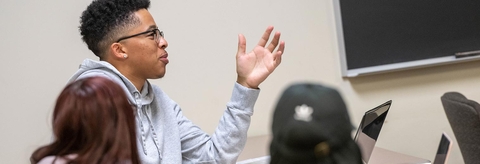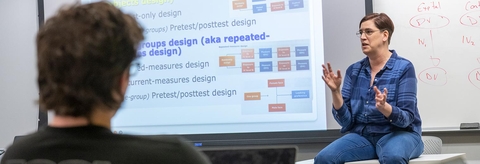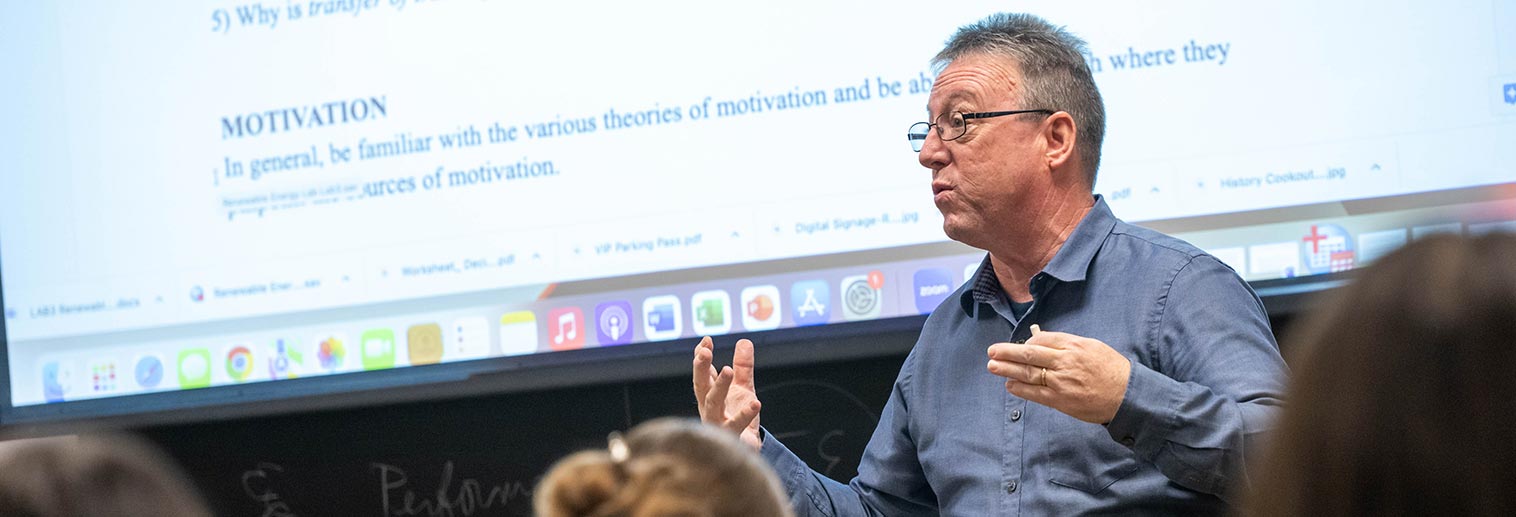
BA in Counseling Psychology
Learn an overview of the clinical language, concepts, and methodologies of the counseling discipline in which you’ll be prepared to pursue advanced studies in social work, school psychology, student affairs, and related fields.

BA in Psychological Science
Learn the basic methods of inquiry and dive into the social, cognitive, developmental, and clinical areas of psychology. You’ll have the option to choose the areas you’d like to pursue and expand into related fields with a minor or second major.

Psychology Minor
The minor in psychology consists of six course units: PSYC 120, PSYC 211, PSYC 212, and three additional courses that must include at least two 300-level courses. (A student can declare a minor in psychology at any time. Please note that a student must earn a grade of C or higher in PSYC 211.)

Pathway Program
For Moravian University undergraduate psychology students like you, the Pathway Program provides you with the opportunity to complete your bachelor’s degree while also earning credits toward a master's degree, saving you time and money.

